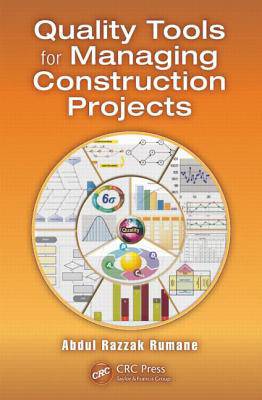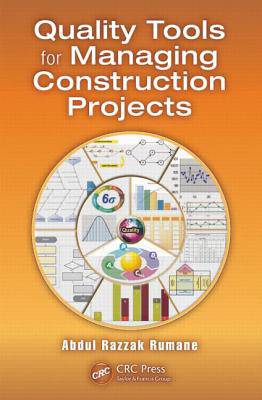
- Retrait gratuit dans votre magasin Club
- 7.000.000 titres dans notre catalogue
- Payer en toute sécurité
- Toujours un magasin près de chez vous
- Retrait gratuit dans votre magasin Club
- 7.000.0000 titres dans notre catalogue
- Payer en toute sécurité
- Toujours un magasin près de chez vous
Description
Dealing with such a multi-layered and fungible intangible as quality during the design and construction process is difficult for all parties involved. To the architect, quality means an appealing and enduring design, but to the builder, it means understandable documents that, when acted upon, lead to an enduring, well-made structure. To the owner, it is the end result: a building that is not only fit for the purpose, but a positive addition to its surroundings. Reconciling these seemingly contrasting priorities requires processes that are embedded not just at the project level, but within the entire enterprise with designer, builder, and owner committed to integrating quality into all their business processes.
Quality Tools for Managing Construction Projects not only details the importance of developing a comprehensive management system, but provides the tools and techniques required to do so. The book examines the usage and applications of tools and techniques in different phases of a construction project, focusing on plan quality, quality assurance, and quality control. Following the construction cycle, Dr. Rumane delineates the quality tools and their application, ending with the implementation of quality systems throughout the entire design and construction cycle.The book demonstrates how these tools can help in planning, executing, monitoring, and controlling a project--evolving project management into a system that ensures project deliverables consistently meet the defined scope on schedule and within budget. The author's systems perspective recognizes and supports the ideal collaborative approach that modern design and construction projects need. Dr. Rumane then demonstrates that successful quality management is more than a series of handoffs between teams who've completed tasks.
Spécifications
Parties prenantes
- Auteur(s) :
- Editeur:
Contenu
- Nombre de pages :
- 416
- Langue:
- Anglais
- Collection :
Caractéristiques
- EAN:
- 9781466552142
- Date de parution :
- 25-04-13
- Format:
- Livre relié
- Format numérique:
- Genaaid
- Dimensions :
- 163 mm x 234 mm
- Poids :
- 748 g

Les avis
Nous publions uniquement les avis qui respectent les conditions requises. Consultez nos conditions pour les avis.






